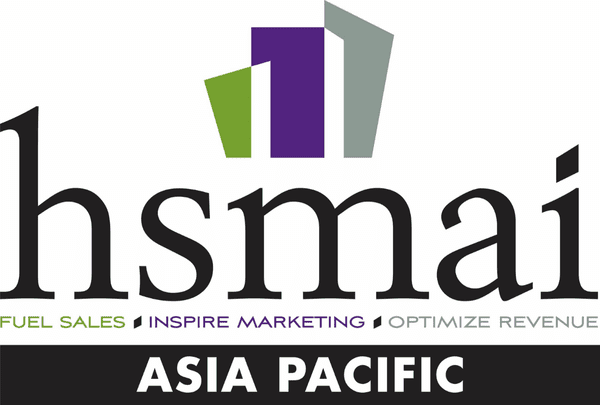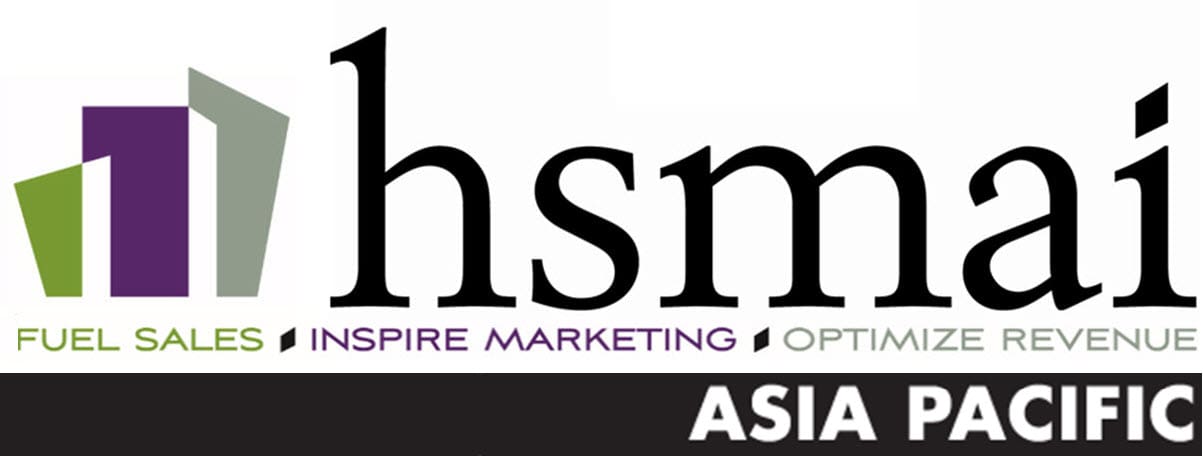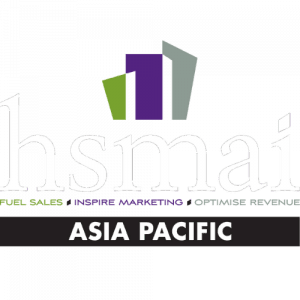Leveraging Data Accuracy to Drive Revenue

Guests Have Changed – Has the Industry Been Keeping Up?
The modern guest is not the same as before – they expect more than just a tidy room and friendly staff, and the industry knows it. Today’s consumers expect ultra-personalised experiences. Netflix recommends what to watch based on past viewing, Amazon anticipates when you’ll need your favourite aftershave, and even banks now offer personalised insights into your spending habits. Personalisation is embedded into our daily lives, yet the hospitality industry still needs to catch up.
When guests feel seen and understood, they’re more likely to spend, return, and recommend. But how do hotels begin to deliver authentic personalised experiences?
Shifting Focus from Rooms to Building Relationships with Guests – Rethinking Revenue
Hoteliers must ask themselves: Is it the room or the guest that generates the most long-term revenue, and which holds the greater potential for growth. With few hotels running at 100% occupancy and average daily rates under pressure, it’s time to shift the focus.
Instead of the traditional RevPAR (Revenue Per Available Room), hotels should adopt a new metric: RevPG (Revenue Per Guest). This reflects total guest spend across the property – not just the room rate – throughout their journey. Adopting RevPG requires viewing the guest, not the room, as the key revenue driver. But this is only effective if supported by real-time, unified data.
In APAC, where digital-first behaviour is the norm, the commercial potential of a guest-centric model is even greater. Personalisation isn’t just about impressing the guest – it’s a proven revenue lever. For instance, the Agilysys 2024 APAC Hospitality Impact Study found that 41% of APAC travellers spend more when offered personalised activity suggestions, and 28% increase their spend when staff remember their food and drink preferences.
The Data Dilemma
One major obstacle is fragmentation. Guests book different services – room, restaurant, spa – through different systems. In recent years, OTA hotel gross bookings surged 97% from 2020 to nearly $41 billion, rapidly growing and creating a challenge for hotels as OTAs typically share limited guest data with hotels. This hinders the ability to create a unified guest profile and impairs the guest experience.
Contrast that with booking directly through a hotel. The moment a guest reserves through the hotel’s system, the Property Management System (PMS) begins compiling a single profile. If it’s their birthday, it might trigger a surprise – balloons and cake in the room. If they’ve stayed before, it remembers preferences like vegetarian meals and suggests new plant-based options.
Plus, the guest and the hotel can see their entire journey in one place, allowing them to manage bookings across the resort in one unified platform. But when hotels don’t own the guest relationship, they lose more than just margins – they lose the ability to mould the guest experience and maximise ancillary revenue.
The Future Lies in the Single Guest Profile
The starting point for personalised hospitality is a unified database built around a single guest profile. Hotels shouldn’t have to choose between operational efficiency and deep guest insight. With AI, patterns can be analysed quickly, allowing hotels to predict needs, personalise experiences, and unlock new revenue streams.
Modern AI platforms can now go further – dynamically segmenting guests, triggering personalised offers in real time, and anticipating needs before arrival. For example, a family traveller could be nudged with curated activity packages before they even pack their bags.
Moving to RevPG as a key performance metric helps shift the mindset from “Who can I sell this room to?” to “How can I maximise the value of this guest while they’re with me?”
Breaking Down Silos
‘Best-of-breed’ systems often create data silos that stifle personalisation. A fragmented tech stack means lost opportunity. 45% of PMS platforms are over five years old, and only 44% of executives feel ready to modernise (Agilysys 2024 Global Hospitality Impact Study). To leverage the potential of RevPG, hotels must shift to connected, guest-centric technologies – ones that enable real-time, personalised experiences and data-driven offers.
With a complete guest view, hotels can deliver memorable, tailored experiences at every touchpoint – from booking to check-out. And when guests feel special, they spend more, return more, and become loyal brand advocates.
Success depends not just on using the right technology, but on reclaiming the guest journey. That means giving travellers clear reasons to book directly – not just through better pricing, but through compelling benefits, exclusive experiences, and seamless mobile journeys. The hotels that succeed will be those that shape the guest experience from the moment the guest books to leaving the property.
Learn more about how Agilysys can partner with you in your digital transformation and help unlock revenue beyond the room – Agilysys e-brochure (in Korean).



